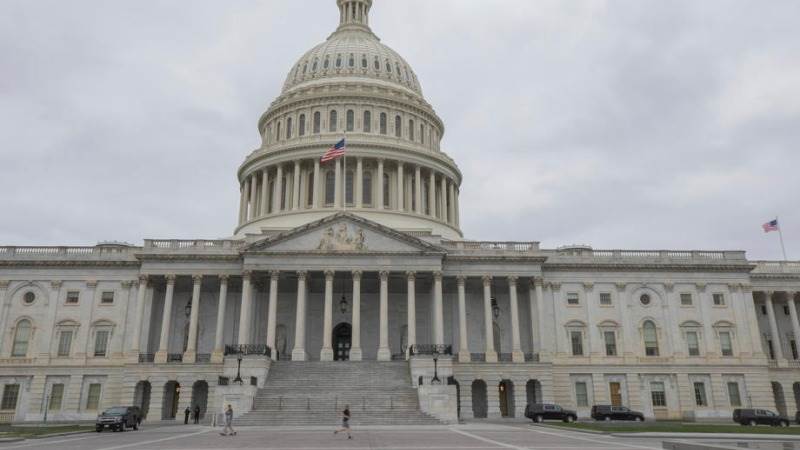NY Gov. Andrew Cuomo said the measures enacted Friday, the most drastic to date, were necessary as state cases surged again; NJ Gov. Phil Murphy said his state would “further tighten the screws” on social distancing Saturday
Gov. Andrew Cuomo announced Friday that 100 percent of non-essential work forces are now required to stay home, calling it “the most drastic measure we can take” as he said the entire state of New York was “on pause.”Two days ago, that decree applied to 50 percent of the non-essential work force. A day ago, it rose to 75 percent. Now it’s practically everyone; Cuomo said the escalation of the numbers gave him no choice but to further control density. The new order goes into effect as of 8 p.m. Sunday. “This is not life as usual. Accept it. Realize it. And deal with it,” Cuomo said. He asked the public to “remain indoors to the greatest extent possible to protect physical and mental health. Your actions can affect my health; that’s where we are. We are all in quarantine.” Mayor Bill de Blasio said NYC— which he called “the epicenter of this crisis” — would be enforcing the governor’s policies. As part of the new measures, the mayor said all field permits, events and team sports at city parks would be canceled so as to avoid people gathering or coming in close contact. De BLsaio said that the goal is not to kick people out of parks, but rather to maintain spacing between people. Non-compliance by businesses may result in fines or summonses; at this point, there are no legal consequences for individuals but crowds violating the new orders will be broken up. NYPD Commissioner Dermot Shea said that while summonses and arrests are a last resort for uncooperative individuals, there have been very few instances where it has come up. Cuomo acknowledged businesses will be forced to close; families will face severe financial strain — and he announced a 90-day moratorium on all commercial and residential evictions to try and ease the immediate burden. But if all of these measures save just one life, the governor said, they are worth it.
